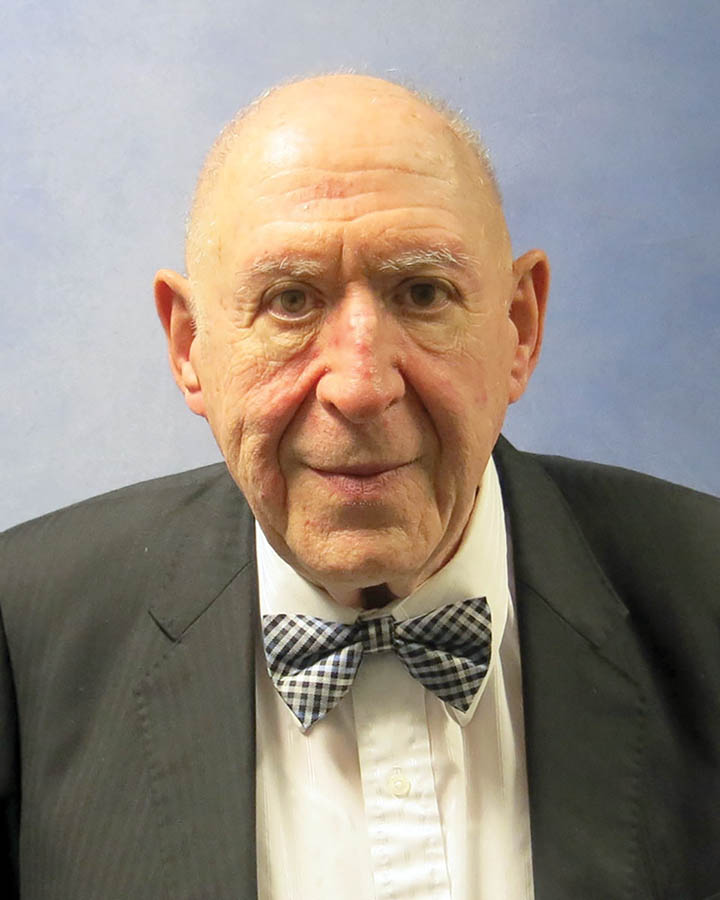 The Rabbis taught העולם כמנהגו נוהג (ha-olam c’minhago noheig): the world is
The Rabbis taught העולם כמנהגו נוהג (ha-olam c’minhago noheig): the world is
governed by inexorable forces over which humans have limited control, if any. It is human nature to hope that one would survive catastrophe. We look back on the history of humankind and thank our lucky stars that we did not experience the ravages of war, the earthquakes and tsunamis that obliterated the lives of hundreds, if not millions. We often wondered, did we not, what we would do, how we would react in the face of disaster and catastrophe. This is no longer an academic exercise. We are a finite species living on a fragile planet. Even if the toll of this virus is not as horrific as is anticipated, it will have impacted enough of humanity to rank as a major disrupter of life as we have known it.
Suffering is inevitable. The question is how we will respond to that reality. Will we marshal our resources of compassion and decency? Will we be brave enough to triage our tangible assets to sacrifice for the common good? If the past is any indicator, we can expect some outrageous collateral damage. First will be theological. Theists will ask if this a punishment from God? Or, what is God trying to teach? Second will be to ask who is to blame? Who can be held responsible? A lot will depend on who we see as our neighbors and our kin as opposed to strangers and enemies.
Fear is inevitable. The message of the prophets, taught Rabbi Sheldon Blank, is that despair is a sin and hope is a duty. Easier said than done. Still it is something toward which to aspire. At the very least we should care for ourselves and care for each other.
Rabbi Gustav Buchdahl
Baltimore, Maryland




